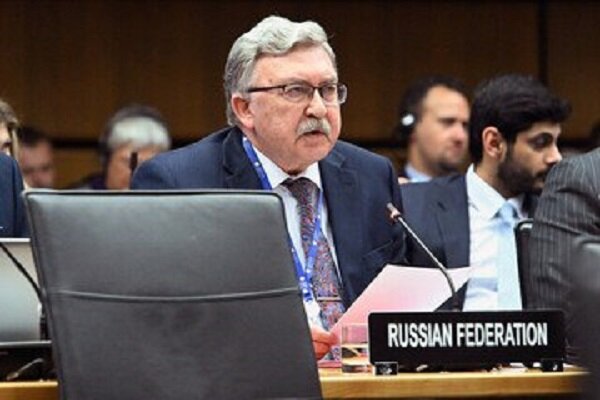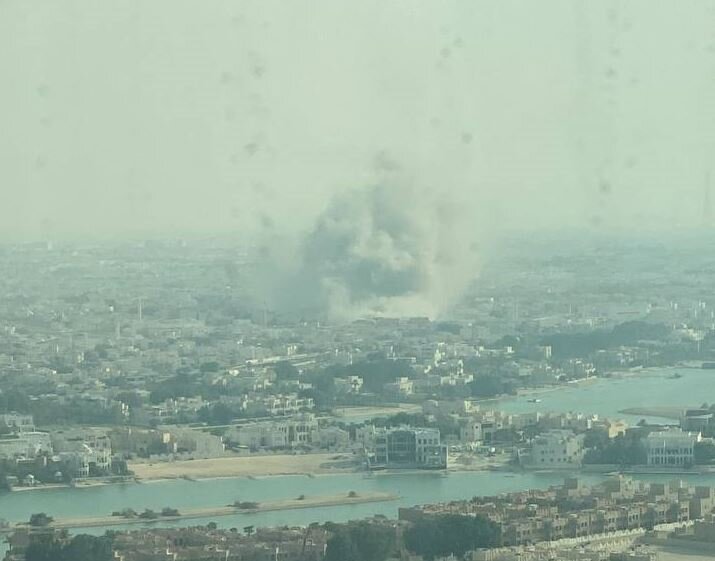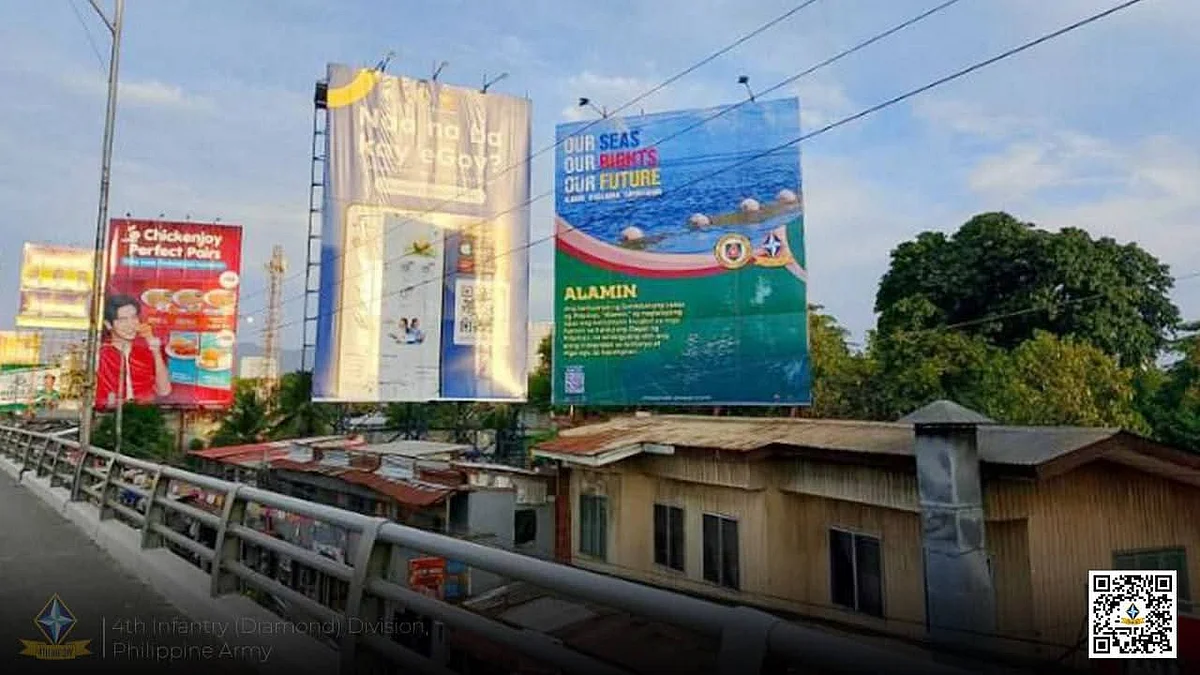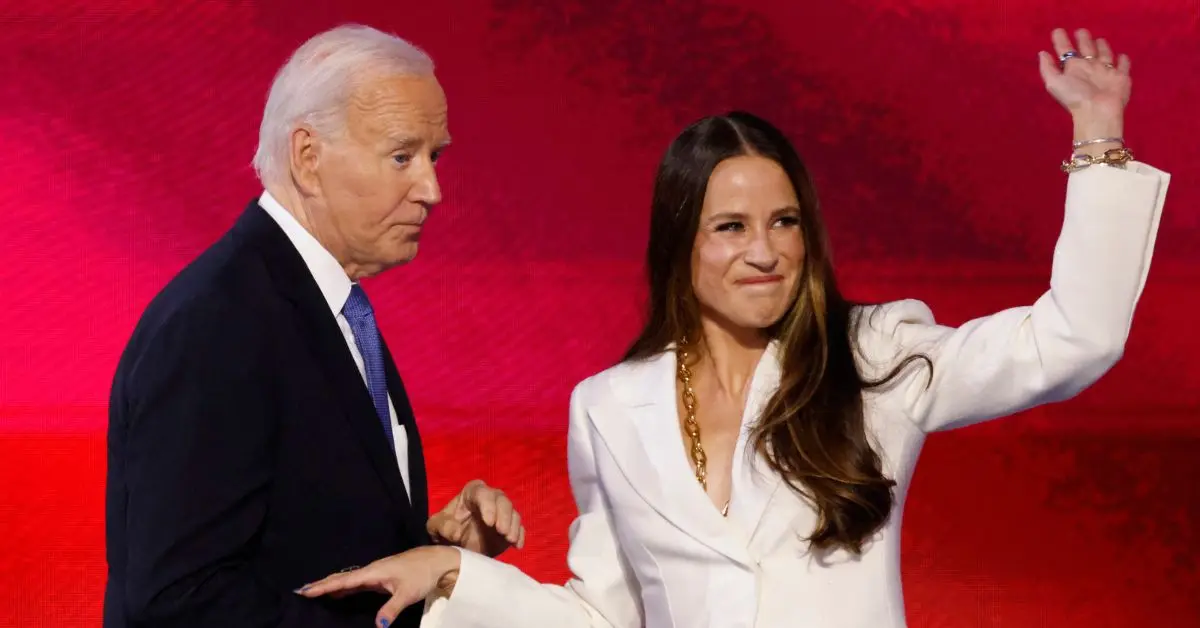
Permanent Representative of Russia to the International Organizations in Vienna Mikhail Ulyanov’s speech at IAEA BoG was delivered on September 10 and is republished from the website of the mission of Russia in Vienna, which is as follows:
The IAEA’s efforts to carry out verification activities in Iran during the reporting period were undermined by the planned, unprovoked and full-scale aggression of Israel and the United States. Having carefully reviewed the presented report of the Director General, we note with regret that it does not contain information previously published by the Secretariat on the scale and nature of the destruction of Iran’s nuclear facilities under IAEA safeguards that were subjected to US-Israeli strikes. We believe that the inclusion of this information would have allowed delegations to at least approximately estimate the amount of work that Iranian specialists need to carry out to eliminate the chemical and radiological consequences in order to assess the condition of the facilities and inventory the nuclear material stored there.
Next, we would like to express our vision of the current situation around the Iranian nuclear programme.
Since its adoption the JCPOA has rightfully been the most striking example of a successful comprehensive and long-term settlement through political and diplomatic means of a complex and confusing international problem around the Iranian nuclear program over the years. The first two years of its existence, the Deal was implemented, proving its effectiveness and prospects. It was based, first of all, on the interest of all participants in its success and on the support of the international community. Iran applied the Additional Protocol to the Safeguards Agreement with the IAEA, Modified Code 3.1, fully cooperated with the Agency Secretariat, which at that time had the clearest picture of Tehran’s activities in the nuclear sphere. In addition, Iran voluntarily limited it to the parameters provided for by the JCPOA.
If you listen to the speeches of Great Britain, Germany, France and the United States, it becomes absolutely clear that everything that they are now demanding from Tehran, it had previously fully complied with. So what did they lack then? The answer is simple – the ability to negotiate. Having everything, they wanted more, and now they are demanding that Iran renounce its legal right under the NPT to enrich uranium. The fact that ten years after the JCPOA entered into force, it has not been possible to fully implement the goals set out in it is only a consequence of the fact that first the United States and then the E3 deliberately sabotaged the implementation of the agreement. They preferred the futile path of «maximum pressure» on Tehran to the principles of gradual trust-building. The consequence of this is both the military aggression of the United States and Israel and the attempts of the E3 to launch the «snapback» mechanism. All this is in no way connected with the tasks of nuclear non-proliferation. What Western countries are openly doing to Iran in front of everyone is nothing other than undermining the fundamental principles of international law and the nuclear non-proliferation regime.
We have repeatedly pointed out the illegality of the E3’s attempts to launch the «snapback» mechanism envisaged by UN Security Council Resolution 2231 to restore all previously lifted anti-Iranian sanctions. On the eve of the Board of Governors session, we, together with our Chinese and Iranian partners, distributed a joint letter from the Foreign Ministers of Iran, China and Russia on this issue as an IAEA information circular. We urge everyone to carefully read its content.
Amid the destructive steps taken by Washington to destroy the JCPOA, Berlin, London and Paris not only did nothing, but also took the most active part in its dismantling. First, the countries of the E3 violated their obligations to lift national restrictions on October 18, 2023, on the Transition Day of the JCPOA, and then openly, at the highest political level, essentially justified the strikes by Israel and the United States on Iranian nuclear installations, which were the subject of the Deal.
Now this group of countries is trying to punish Iran, and at the same time mislead the members of the Security Council. At the same time, they cannot explain what benefit such a step will bring to the nuclear non-proliferation regime, nor clearly demonstrate a further negotiating strategy with Iran. All this is playing with fire, the result of which is extremely obvious – undermining stability in the Middle East, as well as directly undermining international peace and security.
Against the backdrop of attempts to launch a «snapback», the assurances of the E3 about the remaining «window for diplomacy», as well as calls for Iran to accept a certain deal by the end of September, look like a mockery. Colleagues – what deal are we talking about? Isn’t it the one that you destroyed with your own hands? If so, then nothing prevented you at any stage since mid-2022 from resuming negotiations within the framework of the Vienna Talks to restore the JCPOA, from which you withdrew. There were opportunities for this. We cannot help but note the deep disappointment with the helplessness of the European Union, which, being the coordinator of the JCPOA, has not convened meetings of the Joint Commission for years, despite the acute crisis surrounding the agreement.
The Russian Federation has always been and remains committed to finding solutions to global problems through political and diplomatic means. It is based on this imperative that we, together with China, submitted a draft resolution to the UN Security Council to extend Resolution 2231 for six months. This provides the necessary space for diplomacy.
The American-Israeli aggression against Iran, as well as the ongoing open threats of its repetition, are unprecedented and are a serious challenge to both the IAEA and its safeguards system. Previously adopted resolutions and decisions of the Agency’s decision-making bodies clearly interpret such actions as a violation of international law, as well as the UN and IAEA statutes. In this regard, we were surprised by the circulating information that the United States is trying to prove the opposite. In particular, the unofficial document distributed at the Vienna venue in response to the draft resolution of the upcoming IAEA General Conference session «Prohibition of All Forms of Attacks and Threats of Attacks against Nuclear Facilities under IAEA Safeguards» states that neither the IAEA Statute nor international law, including humanitarian law, prohibit strikes on nuclear facilities. Frankly speaking, at first we thought that this was a fake aimed at discrediting the United States. But, as it turned out, this is not a fake, but a real document reflecting Washington’s opinion that attacks on nuclear facilities are supposedly normal. Such legal nihilism cannot but cause extreme concern.
We are convinced that, despite all the obvious difficulties, the solution to the situation around the Iranian nuclear program still lies exclusively in the political and diplomatic plane. In this regard, the Russian Federation will continue to make its own efforts in this direction. In particular, here at the Vienna venue we invite the permanent representatives representing the original participants of the JCPOA, namely Great Britain, Iran, China, the United States, France, Germany, and the EU, to hold urgent consultations on Thursday, September 11, with the aim of finding possible solutions to prevent further escalation and an inevitable crisis. This, of course, does not preclude the possibility of continuing work through other channels, which, however, have not yet yielded tangible results.
We welcome the agreement reached in Cairo by the IAEA Director General and the Iranian Foreign Minister on the modalities for resuming the Agency’s verification activities in the Islamic Republic of Iran. This is a very important result. It demonstrates the high professionalism and responsibility of both parties. Tehran demonstrated particularly high responsibility in this case, having agreed to the agreement even after a series of strikes on its territory and after the European participants in the JCPOA launched the «snapback» mechanism in the UN Security Council. This approach confirms Iran’s firm commitment to fulfilling its international obligations. However, the prospects for the full implementation of the agreement are still unclear due to the subversive steps of Great Britain, Germany and France, which, unlike the IAEA and Iran, do not demonstrate interest in diplomacy and dialogue.



